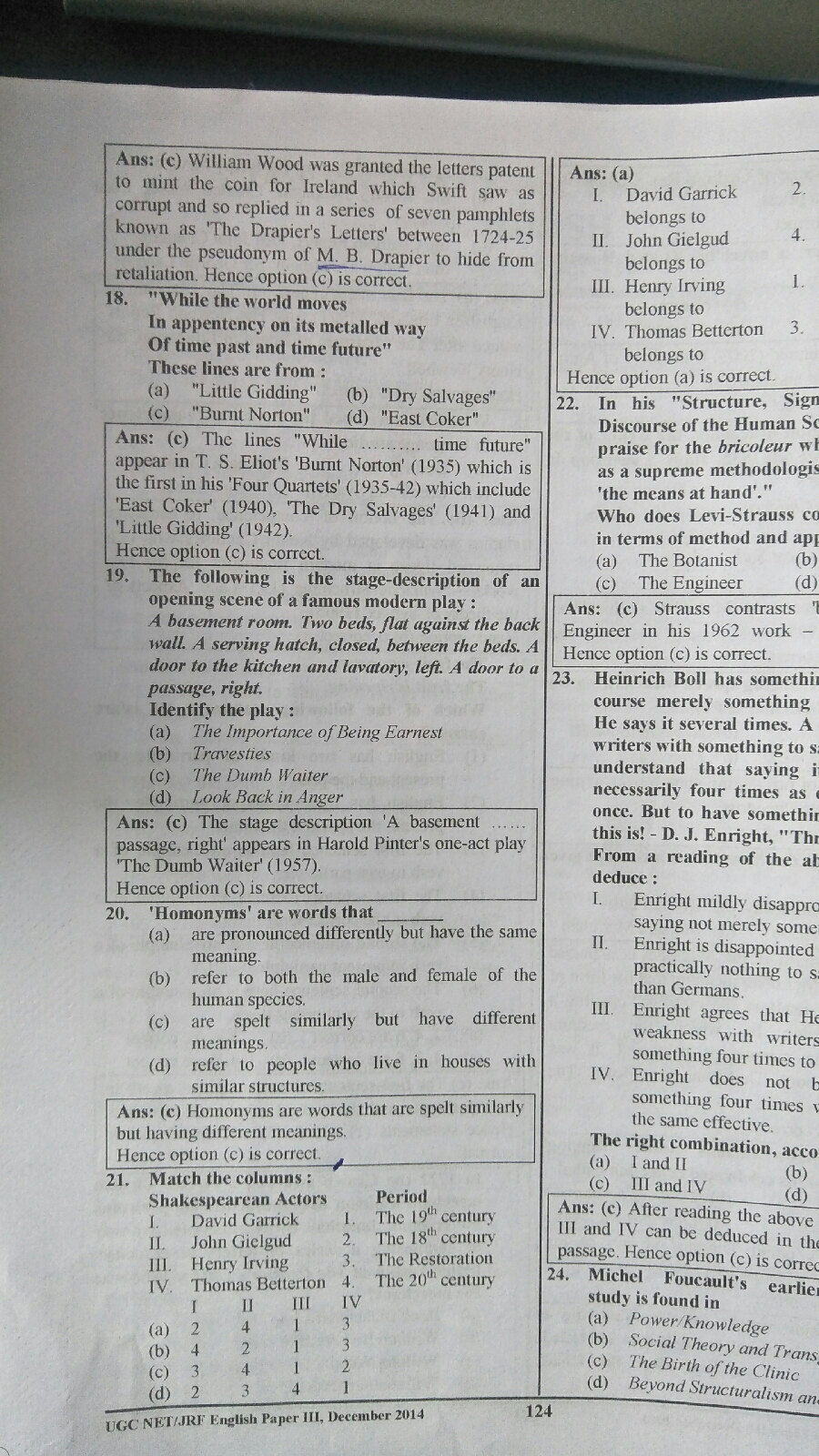TEXT. TRADITION AND INDIVIDUAL TALENT
In English writing we seldom speak of tradition, though we occasionally apply its name in deploring its absence. We cannot refer to “the tradition” or to “a tradition”; at most, we employ the adjective in saying that the poetry of So-and-so is “traditional” or even “too traditional.” Seldom, perhaps, does the word appear except in a phrase of censure. If otherwise, it is vaguely approbative, with the implication, as to the work approved, of some pleasing archaeological reconstruction. You can hardly make the word agreeable to English ears without this comfortable reference to the reassuring science of archaeology. Certainly the word is not likely to appear in our appreciations of living or dead writers. Every nation, every race, has not only its own creative, but its own critical turn of mind; and is even more oblivious of the shortcomings and limitations of its critical habits than of those of its creative genius. We know, or think we know, from the enormous mass of critical writing t...



